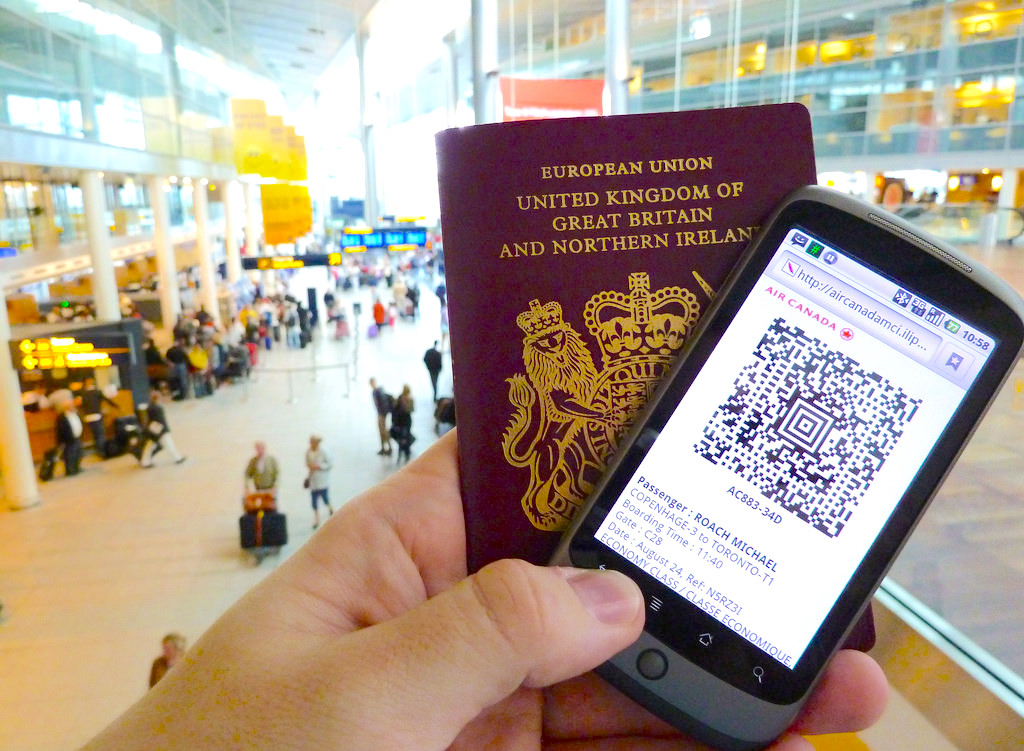With millions of holidaymakers in the northern hemisphere embarking on their annual summer vacation, many are set to discover how limiting their passports may be in the face of new visa restrictions and travel bans being imposed worldwide. While jumping on a plane to an international destination has never been easier, terror attacks and recent geo-political developments — such as Brexit, the US travel ban on mainly Muslim countries, and Egypt’s announcement this week that it’s scrapping visa-free travel for Qatari nationals amid the ongoing Arab diplomatic crisis — are threatening to curb the travel freedom enjoyed by many around the globe.
Global residence and citizenship advisory firm Henley & Partners, which publishes the annual travel freedom ranking Visa Restrictions Index in partnership with the International Air Transport Association (IATA), says the world is currently witnessing an unprecedented number of global events and seismic shifts that will have a significant impact on our future mobility.
Hugh Morshead, Partner and Group Director of Henley & Partners, says recent policy amendments in the US, EU and Middle East are expected to have a major effect on the rankings of these countries’ passports. “The 2017 Henley & Partners Visa Restrictions Index clearly highlights the huge disparity in the levels of travel freedom enjoyed by citizens of different countries. Generally, visa requirements reflect a country’s relationship with others and consider the diplomatic relations between nations, reciprocal visa arrangements, security risks, and the dangers of visa and immigration regulation violations.”
Britain’s decision to opt out of the EU last year appears to have provoked a wave of nationalism that is likely to lead to much tighter border controls worldwide and increasing restrictions on foreign travel. “The one million British citizens living in other European countries and three million EU nationals living in the UK are living under an anxious pall of uncertainty as the Brexit negotiators thrash out the terms of Britain’s departure. Immigration and free movement are central issues in the Brexit negotiations, with those likely to be affected believing they’ll be left worse off,” points out Morshead.
On the other side of the Atlantic, US President Donald Trump continues to make headlines with his policy amendments following his recent decision to withdraw from the Paris Agreement and push ahead with a travel ban against six Muslim-majority countries, possibly harming relations with his international allies. A ruling by the US Supreme Court, which paves the way for parts of the travel ban to come into effect over the summer, is believed by experts to cause chaos in airports across the US. Ultimately, the ruling, coupled with the continued uncertainty around the US Visa Waiver Program with the EU, could severely impact on the travel freedom currently enjoyed by US citizens.
In the Middle East, the decision by the region’s major economies, including Saudi Arabia, the United Arab Emirates, Egypt and Bahrain, to sever ties with Qatar further highlights how ongoing concerns over stability and security has resulted in the closing of borders.
“We are witnessing an increasing number of people seeking alternative citizenships as more and more countries move to tighten their borders and shut down the paths to immigration. The unsettling world climate has prompted an increased emphasis on physical safety and financial security, motivating high net worth individuals to explore investment migration programs as a means of reducing their exposure to risk and opening up new opportunities, as well as providing alternative options for themselves and their families,” says Morshead.
The countries offering the most important citizenship-by-investment programs in the world continue to perform strongly on the 2017 Henley & Partners Visa Restrictions Index. “Despite the major shifts in global events over the last 12 months, there is one constant in the residence and citizenship planning industry — the strength and appeal of the Malta Individual Investor Program (MIIP). Malta boasts the top-ranked investment migration program globally and, offering its citizens visa-free access to 167 countries, ranks very highly with the world’s 10th most powerful passport in terms of travel freedom. Austria is also in the top 10 with its citizens enjoying unrestricted access to 173 countries and Cyprus is not far behind at 16, with 158 countries accessible without a visa,” adds Morshead.
Likewise, countries that offer citizenship-by-investment programs in the Caribbean have performed well. Grenada ranks 37th and St. Lucia ranks 36th, while Antigua and Barbuda and St. Kitts and Nevis share 30th place on this year’s Index.
In contrast to 12 years ago when the Henley & Partners Visa Restrictions Index was first published, there are now many more residence- and citizenship-by-investment programs available for those who wish to enhance their travel freedom. “More and more governments are embracing these programs as a means of stimulating economic development and growth, and there is an increasing number of wealthy and talented individuals looking to diversify their citizenship portfolios to give themselves and their families greater international opportunity, stability, freedom, and security,” says Morshead.
Source: henleyglobal.com





